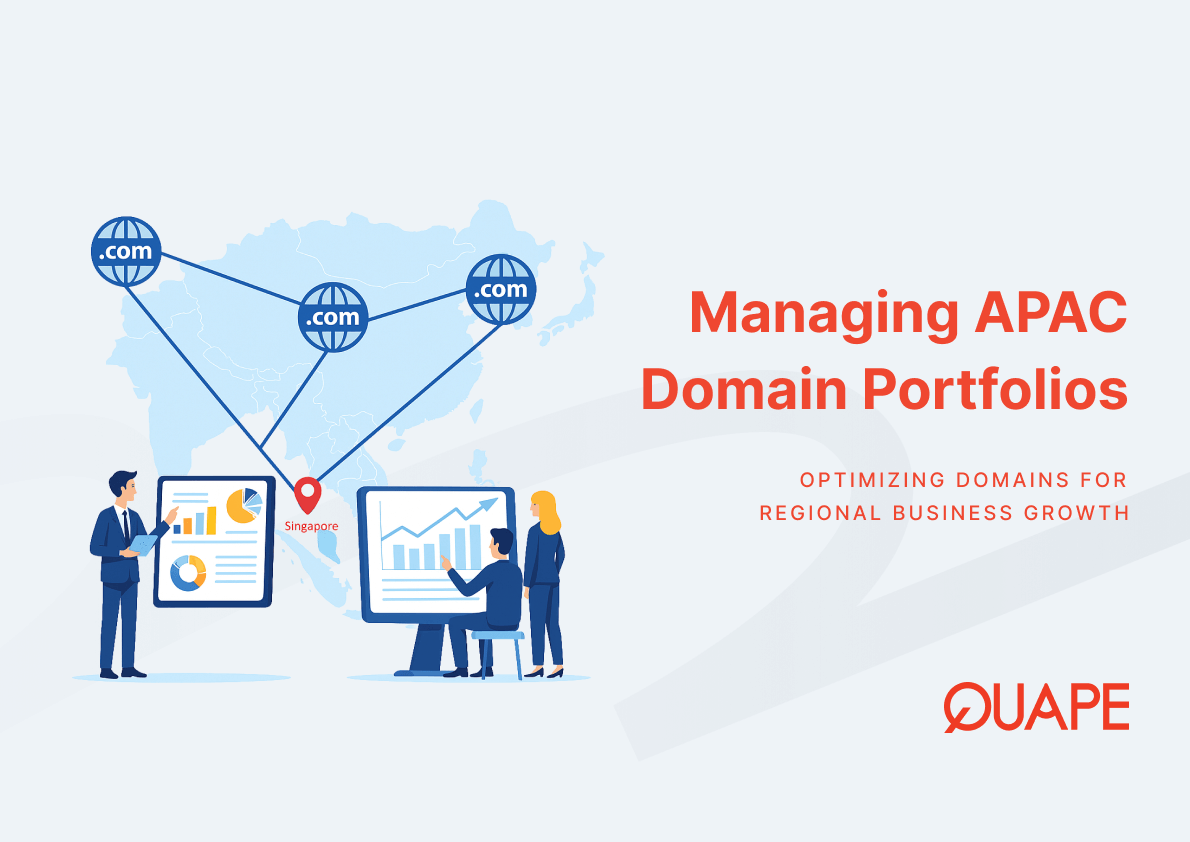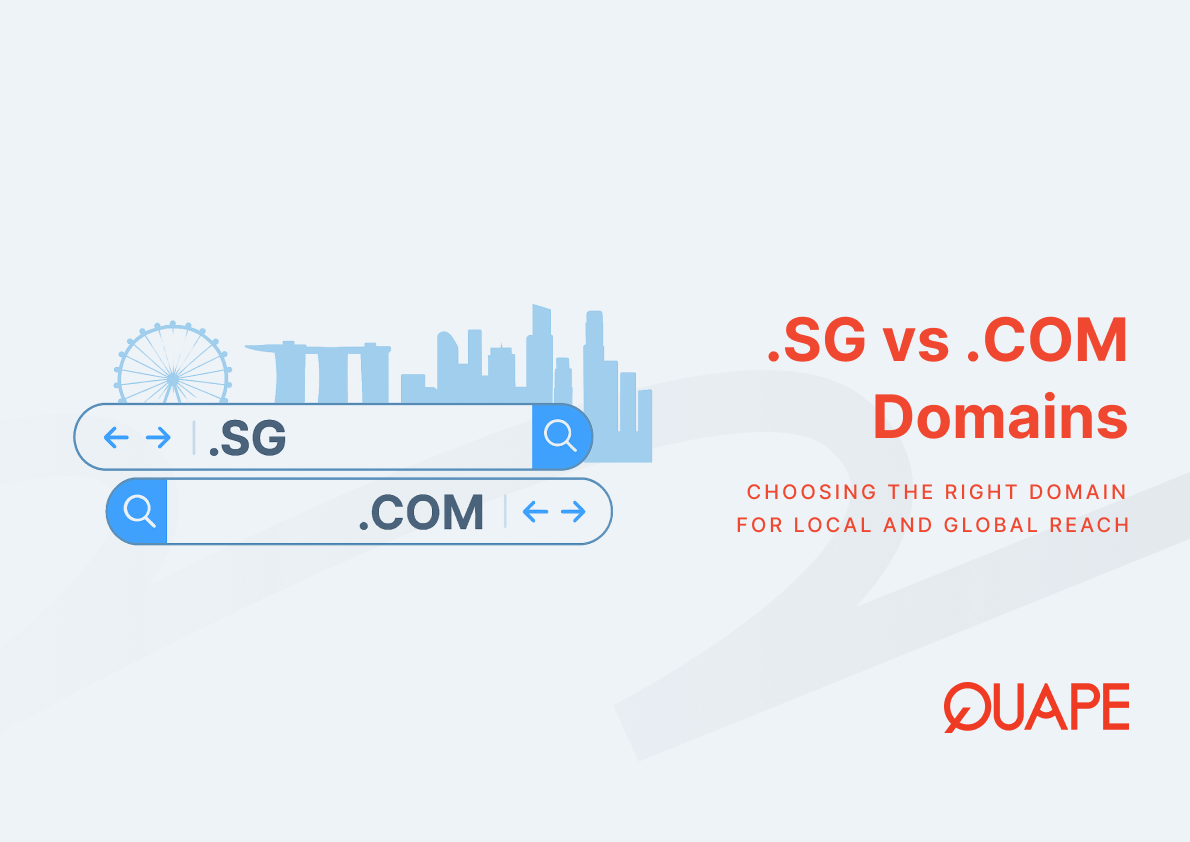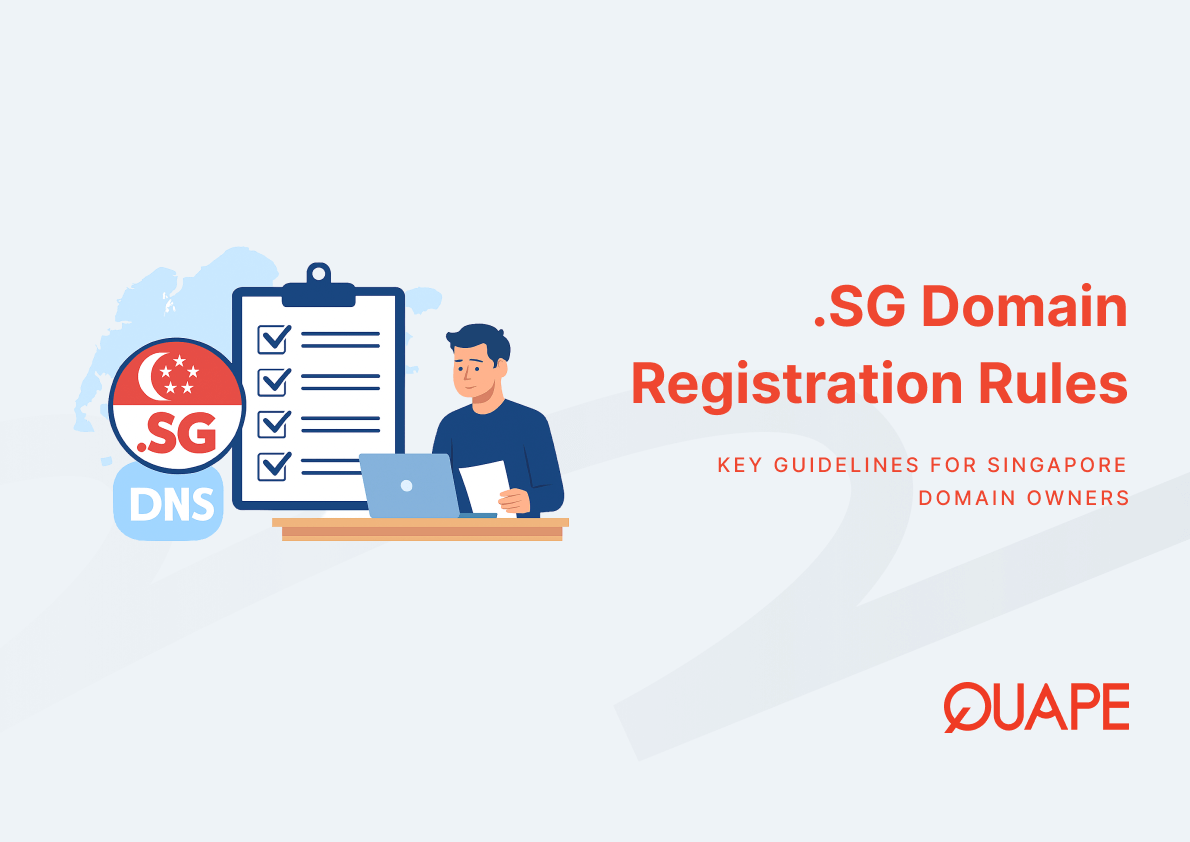In today’s digital-first world, having an online presence is essential and that begins with a domain. Whether you’re starting a blog, building a business website, or launching an online store, you’ll need a domain to get started. But what exactly is a domain, and why is it important?
Table of Contents
ToggleWhat Is a Domain?
A domain is the unique address people type into their browser to access your website. It’s what identifies your website on the internet just like a street address identifies a physical location.
For example, in the URL www.example.com, the domain is example.com.
Without a domain, people would need to type a complicated string of numbers called an IP address (like 192.168.1.1) to visit a website. Domains make web addresses easy to remember, brand, and share.
What Is a Domain Name?
A domain name is the text-based address used to identify and access websites on the internet. It serves as a readable substitute for a website’s IP address, which is a string of numbers that computers use to locate each other on a network. Since IP addresses are difficult for most people to remember, domain names provide a simple, memorable way for users to navigate to websites.
For instance, instead of typing 172.217.10.46, a user can type www.quape.com into their browser. Both direct the user to the same location, but the domain name is far easier to remember and share.
A domain name typically reflects the identity of a website, such as a company name, brand, or topic, and can be used to strengthen credibility and build online presence. It is also part of a larger system called the Domain Name System (DNS), which translates domain names into IP addresses behind the scenes so users can access websites quickly and efficiently.
In short, a domain name is essential for making the web accessible to everyone, providing a user-friendly way to find, access, and remember websites.
Components of a Domain Name
A domain name is made up of two main parts:
- Second-Level Domain (SLD): This is the name you choose like google, facebook, or quape.
- Top-Level Domain (TLD): This is the extension at the end, such as .com, .org, .net, or country-specific codes like .sg .vn or .id.
In quape.com, “quape” is the SLD and “.com” is the TLD.
How Domains Work
Domains are connected to IP addresses through the Domain Name System (DNS). When someone enters your domain in a browser, the DNS translates it into the correct IP address and sends them to the server where your website is hosted.
This process happens in seconds, allowing users to quickly find your site by name rather than a number.
Why Domains Matter
- Brand Identity: A good domain reinforces your brand and helps people remember it.
- Credibility: A custom domain like yourbrand.com looks far more professional than a free URL like yourbrand.freehosting.com.
- SEO Benefits: Search engines tend to trust established domain names more, especially those with a consistent history and relevant keywords.
- Email Personalization: Owning a domain allows you to create branded emails like hello@yourbrand.com.
Different Types of Domains
- Generic Domains: .com, .net, .org the most popular and widely recognized.
- Country Code Domains (ccTLDs): Like .sg (Singapore), .vn (Vietnam), or .id (Indonesia), often used to target a specific geographical audience.
- Specialty or New TLDs: Extensions like .store, .tech, or .design are newer and more specific.
How to Register a Domain
To get a domain, you need to register it through a domain registrar like Quape or local providers in your region. Here’s how:
- Search for Your Domain: Use the registrar’s search tool to find a name that’s available.
- Choose an Extension: Pick one that fits your brand or location.
- Register and Pay: Domains are rented annually. You can choose 1 year, 2 years, or longer.
- Connect to Hosting: Once registered, link your domain to a hosting provider so your site goes live.
How Much Does a Domain Cost?
The price varies depending on the extension and registrar. Standard .com domains typically cost between $10 to $20 per year, while premium or short names can cost hundreds or even thousands. Local ccTLDs may have different pricing.
Final Thoughts
Your domain is the foundation of your online identity. It’s how people find you, remember you, and trust you. Whether you’re running a business, launching a project, or starting a personal blog, choosing the right domain is a crucial step.
If you’re ready to secure your perfect domain and need reliable hosting, Quape offers affordable web hosting solutions tailored to students, businesses, and growing brands.
- Colocation vs Dedicated Servers: What’s the Difference? - November 4, 2025
- Colocation vs Cloud Hosting: Which Is Right for Your Workloads? - November 4, 2025
- How to Decide Between Colocation and On-Premise? - October 20, 2025




